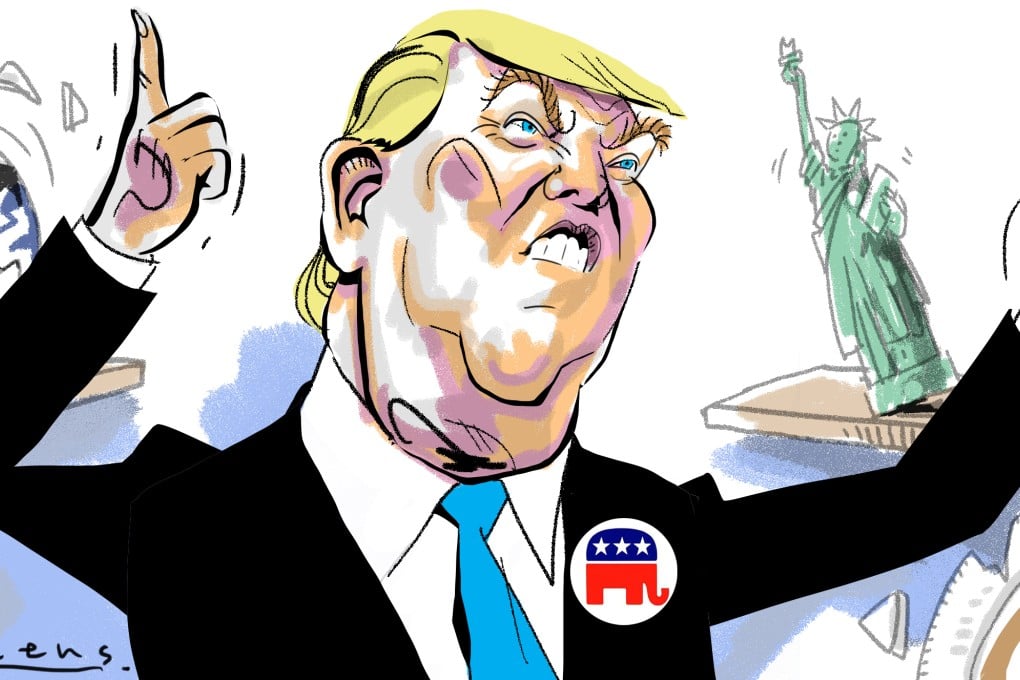Asians worried about Donald Trump’s brashness see hope in Hillary Clinton’s nuanced stance on Islam and China
Derwin Pereira says Asians would prefer the next US president to have a clear understanding of how the world really works rather than simply seeing everything in terms of ‘good’ and ‘evil’


However, the political damage has been done to American relations with Asia. Asians would be more comfortable with a mainstream American leader who is responsible and nuanced in his or her response to global events such as the trajectory of Islam or the rise of China. Democratic presidential contender Hillary Clinton would fit the bill nicely.
Islamic State’s devotion to the violent overthrow of the global religious order appears to give a veneer of justification to the views of Trump and people like him
Admittedly, Trump was dipping into a pool of fear created by the mass shooting in California carried out by a Muslim couple. Not everyone who supported him is a bigot or a racist. Like people everywhere, Americans want to be safe from terrorists. Their sense of vulnerability was revived when the couple’s reprehensible action was associated with the pathological Islamic State. It seeks to destabilise the West through armed attacks mounted from within.
However, the US is hardly a stranger to gun violence, particularly random attacks on innocents carried out by psychopaths acting out of personal or racial hatred or an inchoate desire for revenge. The difference this time was the association of mass violence with a concrete insurgent organisation, Islamic State, rather than an amorphous idea such as racial supremacy. Islamic State’s devotion to the violent overthrow of the global religious order appears to give a veneer of justification to the views of Trump and people like him. But the veneer is just that – an illusion. If left unchecked, such views could create mass hysteria about Muslims in the US.
READ MORE: Obama right to call for cool heads, not xenophobia, in battle against Islamic State and other terror groups

Muslims in Asia would be deeply worried about the US changing its historical course under a leader whose claim to the country’s highest office – and the most powerful one in the world – is based on a rejection of these two profoundly important traditions.
